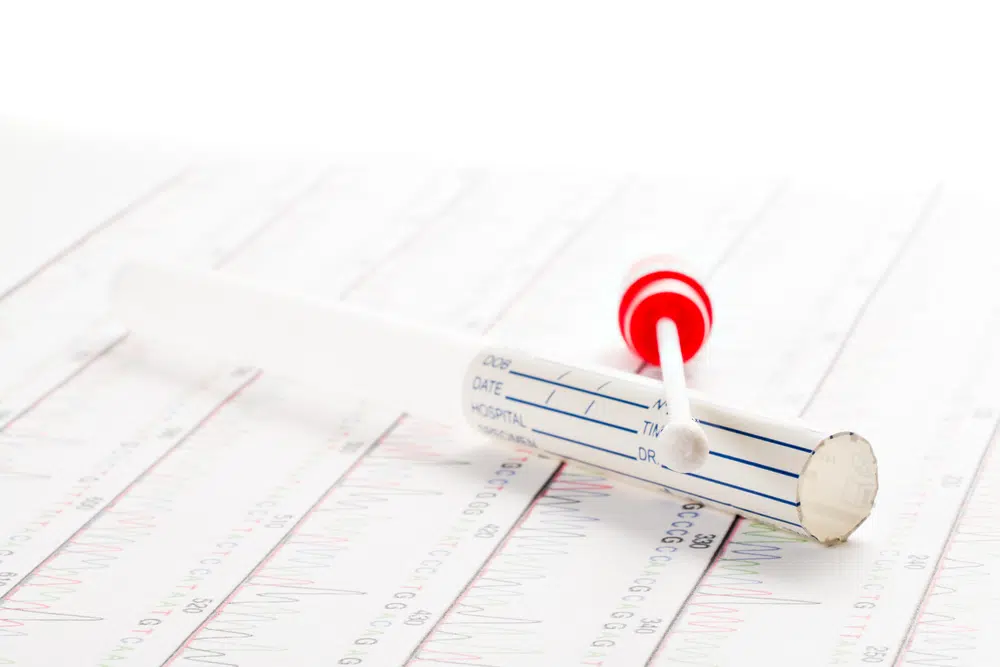DNA Test Scams Steal Medicare Numbers, Sensitive Data
Home Help Center DNA Test Scams Steal Medicare Numbers, Sensitive Data

Criminals have developed DNA test scams targeting victims to retrieve medical and sensitive information. DNA test kits have grown in both popularity and affordability in recent years. While not claiming to be foolproof or accurate, they can provide a glimpse into the genetic makeup of your family tree. There have been stories about these swab-at-home test kits providing more important information as well, such as the likelihood of certain medical issues.
Attorneys general in two states have already issued warnings about DNA test scams that steal the victims’ sensitive information. The caller claims to be from a testing agency and offers the victim a free DNA test kit if they meet specific criteria. In one victim’s case, the criteria was a family history of cancer. You would be hard-pressed to find an individual who does not have a relative who has had cancer, so of course, the victim instantly qualifies.
All they have to do to receive their free kit is answer some general questions and provide their medical coverage information. Some experts believe that DNA test scams may have grown out of the recent announcement that Medicare would cover the cost of genetic screening for cancer patients if the kit is an FDA-approved tool.
In some of the reports of these scams, individuals were actually going door to door and offering victims a free kit plus $20 in exchange for their medical coverage information. The kits are easy and cheap to replicate, as they only require some cotton swabs and a mailer envelope. Victims were easily fooled into thinking they were receiving real testing kits.
The best advice for avoiding DNA test scams is remembering that no one will ever call you and offer you something that is genuinely free. Whether it is medical services or anything else, the only reason to offer you anything is because the other person is getting something in return. In this scam victims sensitive data or medical identity is compromised. Remember to always speak with your physician about any potentially necessary tests, or contact your health coverage provider directly to see if there are services or treatments you can use that they cover. Otherwise, steer clear of anyone who wants access to your records or data.
Contact the Identity Theft Resource Center for toll-free, no-cost assistance at (888) 400-5530. For on-the-go assistance, check out the free ID Theft Help App from ITRC.
How much information are you putting out there? It’s probably too much. To help you stop sharing Too Much Information, sign up for the In the Loop.
Get ID Theft News
Stay informed with alerts, newsletters, and notifications from the Identity Theft Resource Center

